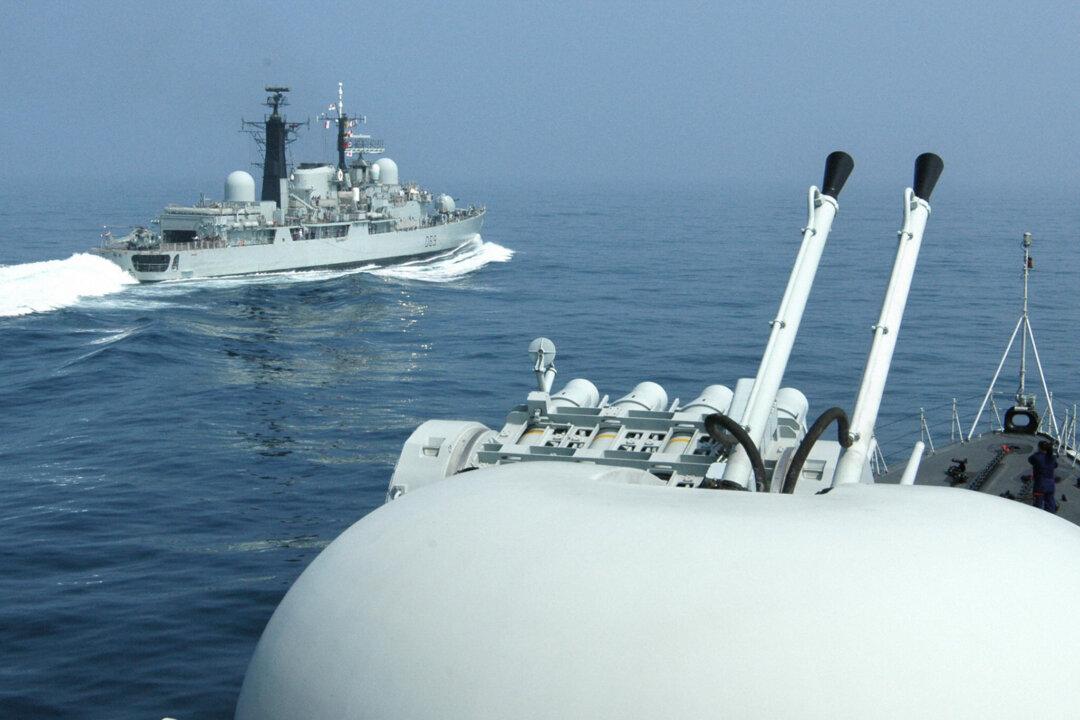The UK should pivot towards the Indo-Pacific region, lending its economic and military weight to countering China’s growing influence, recommends a new report.
Written for the think tank Policy Exchange, the report underscores the growing economic and geostrategic importance of the region through which the majority of the world’s shipping passes.





